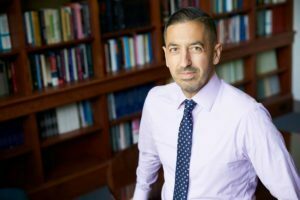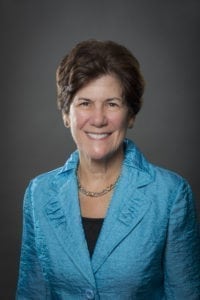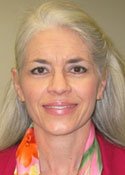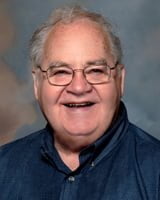The Distinguished Service to SER award is given to recognize individuals who have multiple years of outstanding contributions to the organization. Award winners are selected by the leadership of the organization.

Susan Sacks - Bio
Susan received her Ph.D. in Biostatistics from the University of California-Berkeley. She also has a Bachelors degree in Mathematics from the University of Michigan and a Masters degree in Biostatistics from UCLA. Read more
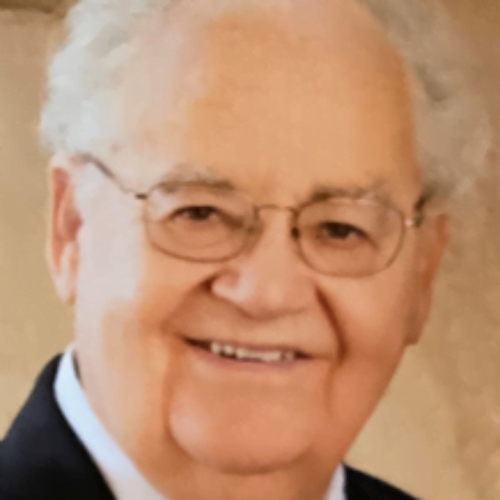
Joseph Lynn Lyon - Bio
Joseph Lynn Lyon was a Professor Emeritus in the Department of Family and Preventive Medicine at the University of Utah School of Medicine. He received his B.S. and M.D. degree from University of Utah, and a Master of Public Health degree from the Harvard School of Public Health. Read more
2024 Award Winner – Sherman James
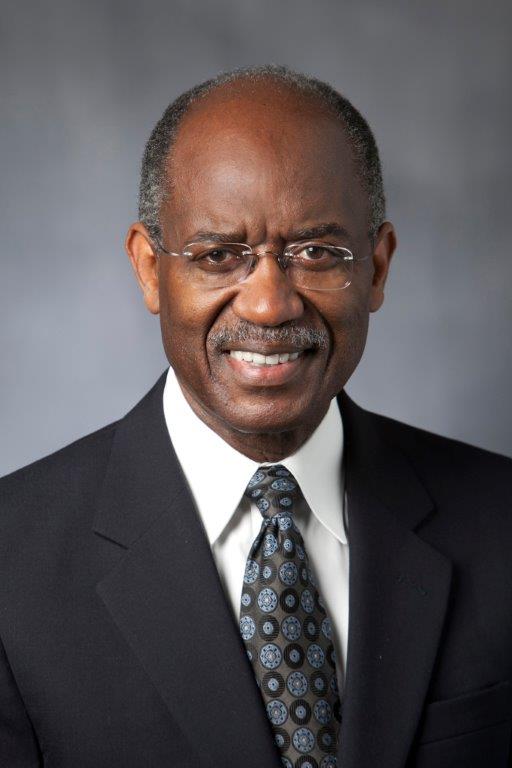 Sherman A. James is the Susan B. King Distinguished Professor Emeritus of Public Policy at the Sanford School of Public Policy, Duke University. He also held secondary professorships, at Duke, in Sociology, Community and Family Medicine, and African and African American Studies. Prior to Duke, he taught in the epidemiology departments at the University of North Carolina-Chapel Hill (1973-89) and at the University of Michigan (1989-03). At Michigan, he was the John P. Kirscht Collegiate Professor of Public Health, the Founding Director of the Center for Research on Ethnicity, Culture and Health (CRECH), Chair of the Department of Health Behavior and Health Education, and a Senior Research Scientist in the Survey Research Center at the Institute for Social Research. Read more
Sherman A. James is the Susan B. King Distinguished Professor Emeritus of Public Policy at the Sanford School of Public Policy, Duke University. He also held secondary professorships, at Duke, in Sociology, Community and Family Medicine, and African and African American Studies. Prior to Duke, he taught in the epidemiology departments at the University of North Carolina-Chapel Hill (1973-89) and at the University of Michigan (1989-03). At Michigan, he was the John P. Kirscht Collegiate Professor of Public Health, the Founding Director of the Center for Research on Ethnicity, Culture and Health (CRECH), Chair of the Department of Health Behavior and Health Education, and a Senior Research Scientist in the Survey Research Center at the Institute for Social Research. Read more
2023 Award Winner – Mary Haan
 Mary Haan works at the University of California, San Francisco
Mary Haan works at the University of California, San Francisco
2022 Award Winner – George Kaplan
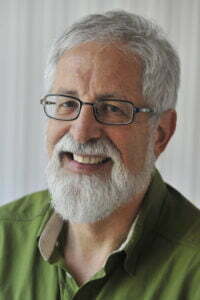 George A. Kaplan, Ph.D. is the Thomas Francis Collegiate Emeritus Professor of Public Health and Epidemiology in the School of Public Health, a Research Professor Emeritus at the Institute for Social Research, Founder and former Director of the Center for Social Epidemiology and Population Health, all at the University of Michigan. He was Chair of the Department of Epidemiology from 1996-2003. He is also Senior Advisor for the Scholars and Fellows Programs at The Institute for Integrative Health in Baltimore.
George A. Kaplan, Ph.D. is the Thomas Francis Collegiate Emeritus Professor of Public Health and Epidemiology in the School of Public Health, a Research Professor Emeritus at the Institute for Social Research, Founder and former Director of the Center for Social Epidemiology and Population Health, all at the University of Michigan. He was Chair of the Department of Epidemiology from 1996-2003. He is also Senior Advisor for the Scholars and Fellows Programs at The Institute for Integrative Health in Baltimore.
Among his honors are elected membership in the Institute of Medicine, the National Academy of Social Insurance, the Academy of Behavioral Medicine Research, and presidency of the Society for Epidemiologic Research. Professor Kaplan was also the first public health scientist to be invited to address the Nobel Forum at the Karolinska Institute in Sweden. Read more

 Allen Wilcox is an Emeritus Investigator at the National Institute of Environmental Health Sciences in Durham NC, where he has spent his career. His research has focused on fertility and the events of pregnancy, and he is the author of a textbook on this topic. He served for ten years as the Chief of the Epidemiology Branch at NIEHS, and for 14 years as the Editor-in-Chief of the journal Epidemiology. He received his medical degree from the University of Michigan, his PhD in epidemiology from the University of North Carolina, and an honorary doctoral degree from the University of Bergen in Norway. He has been attending SER meetings since 1979.
Allen Wilcox is an Emeritus Investigator at the National Institute of Environmental Health Sciences in Durham NC, where he has spent his career. His research has focused on fertility and the events of pregnancy, and he is the author of a textbook on this topic. He served for ten years as the Chief of the Epidemiology Branch at NIEHS, and for 14 years as the Editor-in-Chief of the journal Epidemiology. He received his medical degree from the University of Michigan, his PhD in epidemiology from the University of North Carolina, and an honorary doctoral degree from the University of Bergen in Norway. He has been attending SER meetings since 1979. Dr. Moyses Szklo is a native of Rio de Janeiro, Brazil. He received his MD degree from the State University of Rio de Janeiro and his master’s and doctoral degrees from the Johns Hopkins Bloomberg School of Public Health. He is University Distinguished Professor of Epidemiology and Medicine (Cardiology) at the Johns Hopkins University, Editor-in-Chief Emeritus of the American Journal of Epidemiology, and director of the Johns Hopkins Bloomberg School of Public Health Summer Institute of Epidemiology and Biostatistics.
Dr. Moyses Szklo is a native of Rio de Janeiro, Brazil. He received his MD degree from the State University of Rio de Janeiro and his master’s and doctoral degrees from the Johns Hopkins Bloomberg School of Public Health. He is University Distinguished Professor of Epidemiology and Medicine (Cardiology) at the Johns Hopkins University, Editor-in-Chief Emeritus of the American Journal of Epidemiology, and director of the Johns Hopkins Bloomberg School of Public Health Summer Institute of Epidemiology and Biostatistics.